OSCE Academy / Springer Open Access Series

Polarization, Shifting Borders and Liquid Governance
This open-access book explores the security dynamics amid the polarization, shifting borders, and liquid governance that define the Zeitenwende era in Europe's eastern neighbourhood and Central Asia. Presenting various case studies, the volume unveils the intricate web of border dynamics and practices, including the nuanced interplay of border disputes within the Organization for Security and Cooperation in Europe (OSCE) member states. The contributions shed new light on how contested borders and liquid modes of governance have impacted the engagement of international organizations such as the European Union (EU), North Atlantic Treaty Organization (NATO), and OSCE in security crises and conflict prevention. Delving deeper, a special part dissects the ongoing Russia-Ukraine conflict and examines European and international responses. By analyzing the stances of diverse European countries, their neighborhood, and international organizations, this section uncovers commonalities and disparities in their approaches to the Ukrainian crisis.
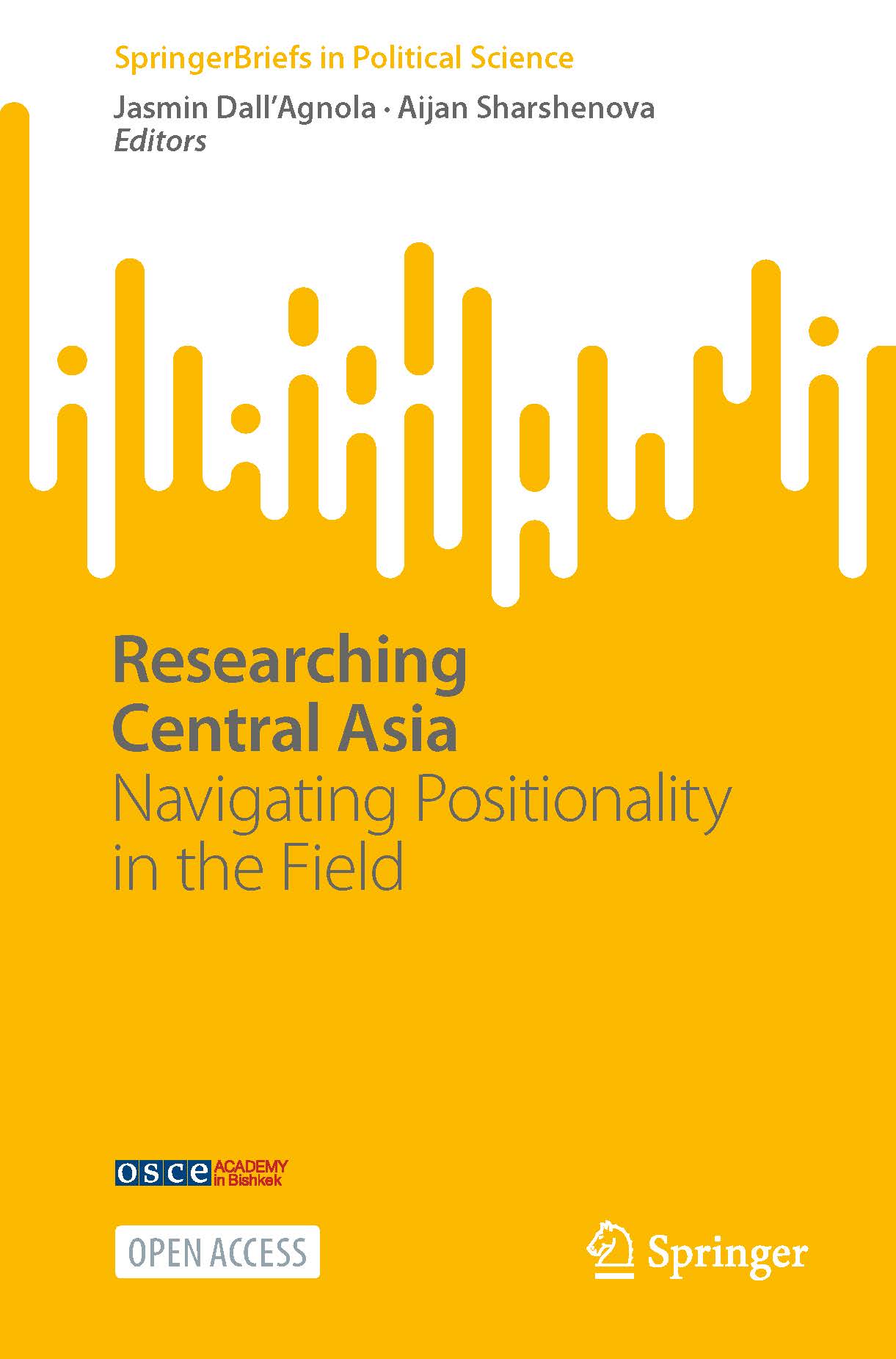
Researching Central Asia: Navigating Positionality in the Field
This open access book explores some of the struggles and challenges that researchers and practitioners face when conducting research in the Central Asian research setting. Written for scholars still in the planning stages of their research, it addresses key questions, including: How shall we problematize and reconceptualize the concept of positionality through lenses of local voices from the region? How does practitioners’ and scholars’ positionality contribute to their experiences of inclusion, exclusion, and access to the field? How do scholars navigate issues of personal safety and mental well-being in the more closely monitored societies of Central Asia?
The book includes contributors from both Central Asia and Western countries, paying particular attention to the ways researchers’ subjectivity shape how they are received in the region, which, in turn, influences how they write about and disseminate their research. In featuring an even greater variety of voices, this book fills an important gap in the literature on field research and knowledge production in and on Central Asia
Climate Change in Central Asia: Decarbonization, Energy Transition and Climate Policy
This open access book explores climate change impacts, adaptation, and mitigation in Central Asia and discusses policy options for the Central Asian governments. To address the urgent need for local scholarship on climate change in Central Asia, and in particular the need for more research by social scientists, this book features a wide range of contributions on climate change impacts, adaptation and mitigation in the region. Each chapter makes an important contribution to social science scholarship on climate change and decarbonization in Central Asia. Topics include decarbonization opportunities, carbon pricing instruments, the geo-economics of the energy transition, the relationship between human mobility and climate change. The book thus offers valuable insights for both academics and policymakers.
Human Rights Dissemination in Central Asia
Human Rights Education and Capacity Building in the Post-Soviet Space
This open access book explores the field of human rights dissemination in Central Asia. Offering a comparative perspective on five post-Soviet Central Asian states—Kazakhstan, Kyrgyzstan, Uzbekistan, Turkmenistan, and Tajikistan, it examines compliance with international human rights standards in these countries. The contributions capture various aspects of human rights dissemination through educational programs, seminars, training, and empowerment programs at Central Asian universities, together with Central Asian NGOs/CSOs and international organizations.
The book shows that a change of behavior among state and non-state actors in the region can only happen when both local and international actors, usually international donors, jointly take action to report, train, and empower people in human rights. This book is an invitation to anyone interested in the (troubled) nexus between international human rights norms and standards and their implementation on the local level, as well as in the effective empowerment of citizen in the region. This book is the result of the joint research project between OSCE Academy, DAAD and IOS in Regensburg.
Securitization and Democracy in Eurasia
Transformation and Development in the OSCE Region
Edited by Anja Mihr, Paolo Sorbello, Brigitte Weiffen
This open-access book presents cutting-edge research on securitization and democratic development in the OSCE Region. Gathering contributions by practitioners and researchers from various disciplines, it presents case studies and highlights recent activities of proactive engagement in democratic institution-building and responding to security threats from the Balkans to Central Asia. The book will appeal to students and scholars of international relations, security studies, and the human rights-politics nexus.
Glocal Governance: How to Govern in the Anthropocene?
by Anja Mihr
This open access book develops a conceptual framework for glocal governance as a multi-stakeholder local governance approach based on global human rights norms and democratic principles. It discusses glocal governance as part of an ongoing global transformation process that began in the 1990s, when democracy and individualizing responsibilities for governance became the dominant political system worldwide, and continues through today’s dawn of a New Cold War between those countries which have democratized and those which haven’t.
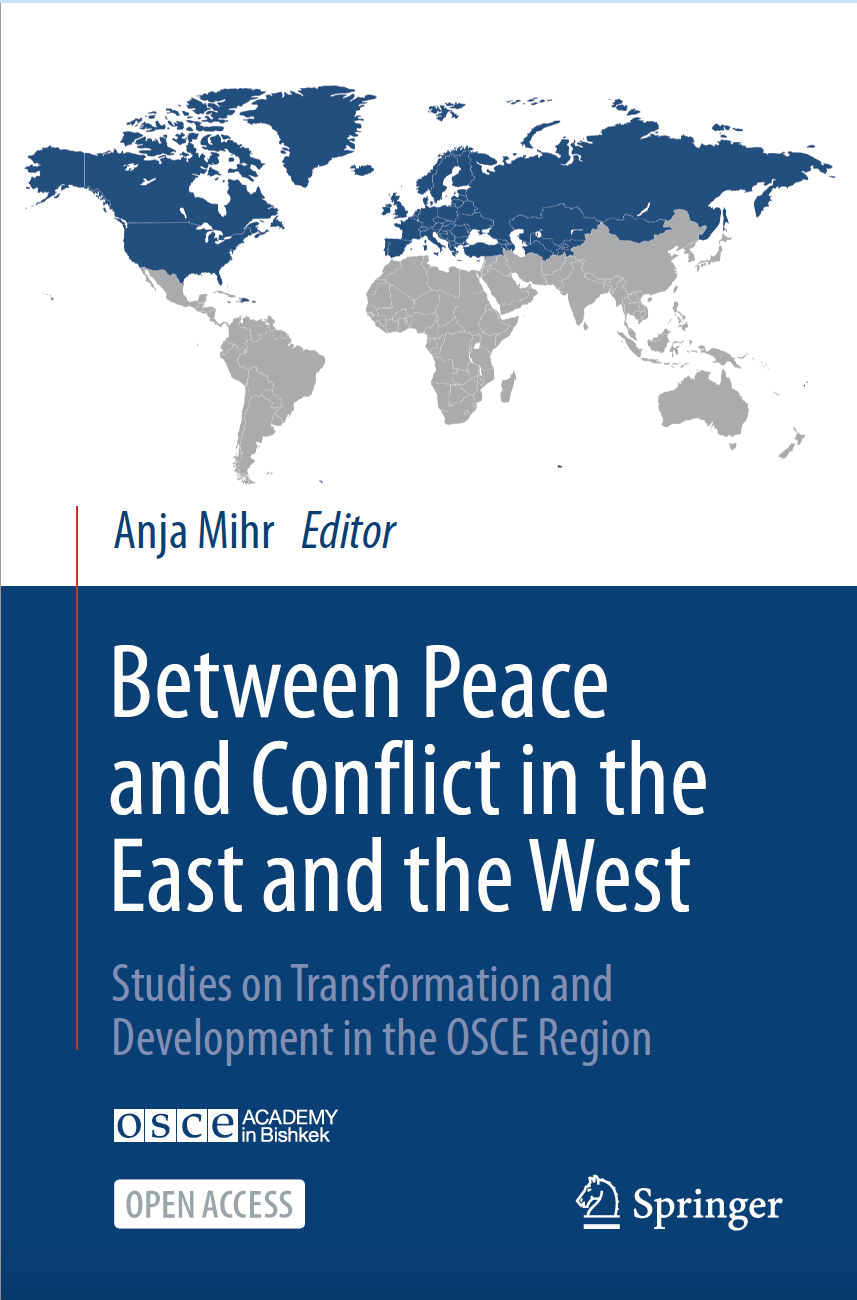 Between Peace and Conflict in the East and the West
Between Peace and Conflict in the East and the West
Studies on Transformation and Development in the OSCE Region
Edited by Anja Mihr
‘Between Peace and Conflict in the East and the West’ is the title of the second edition of the OSCE Academy’s edited compilation of the discussion of events and developments in the remarkable years 2020–21. In the light of the global pandemic and dramatic political shifts, from North America all the way across the Organization for Security and Cooperation in Europe (OSCE) region to Central Asia, this compilation has gathered a number of timely contributions describing and analyzing paradigm shifts in the struggles for power and conflict resolution during the global lockdown.
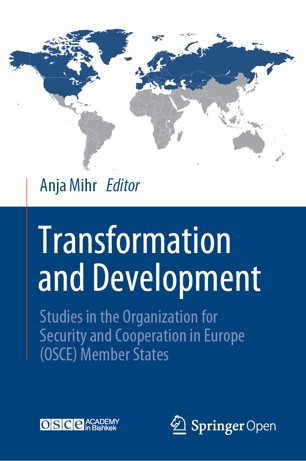 Transformation and Development
Transformation and Development
Studies in the Organization for Security and Cooperation in Europe (OSCE) Member States
Edited by Anja Mihr
This compilation of different articles by authors from accross the region is dedicated to looking at the political, economic and regional transformation processes and developments that are shaped by international and regional policies, social movements as well as influenced by the Belt and Road Initiative (BRI). The region ranges from North America to Europe, to Central Asia and to China. Recent economic and security policies as well as democratization processes cut through the OSCE Region and are equally challenging the post-Soviet countries as well as Europe and North America in several different ways. Most OSCE member states face economic difficulties and suffer from weak formal institutions and defective democratic structures, or are still in the challenging early consolidation process of state and regime building.
Call for Abstracts: Transformation and Development in the OSCE Region
Contact Details:
Editor in Chief: Prof. Dr. Anja Mihr, DAAD Associate Professor, OSCE Academy in Bishkek: a.mihr@osce-academy.net.
Co-Editor Dr. Chiara Pierobon, OSCE Academy in Bishkek: c.pierobon@osce-academy.net.

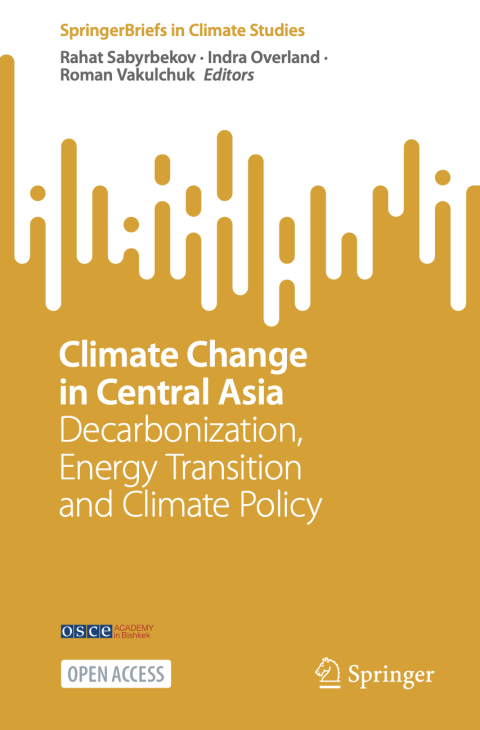
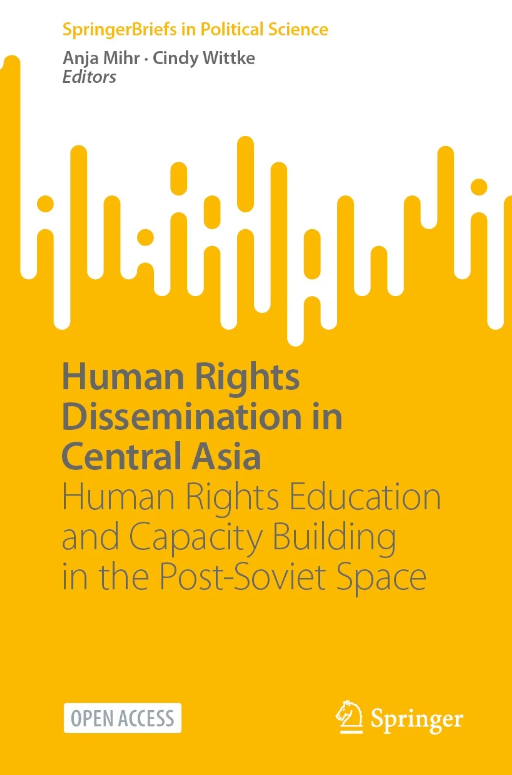
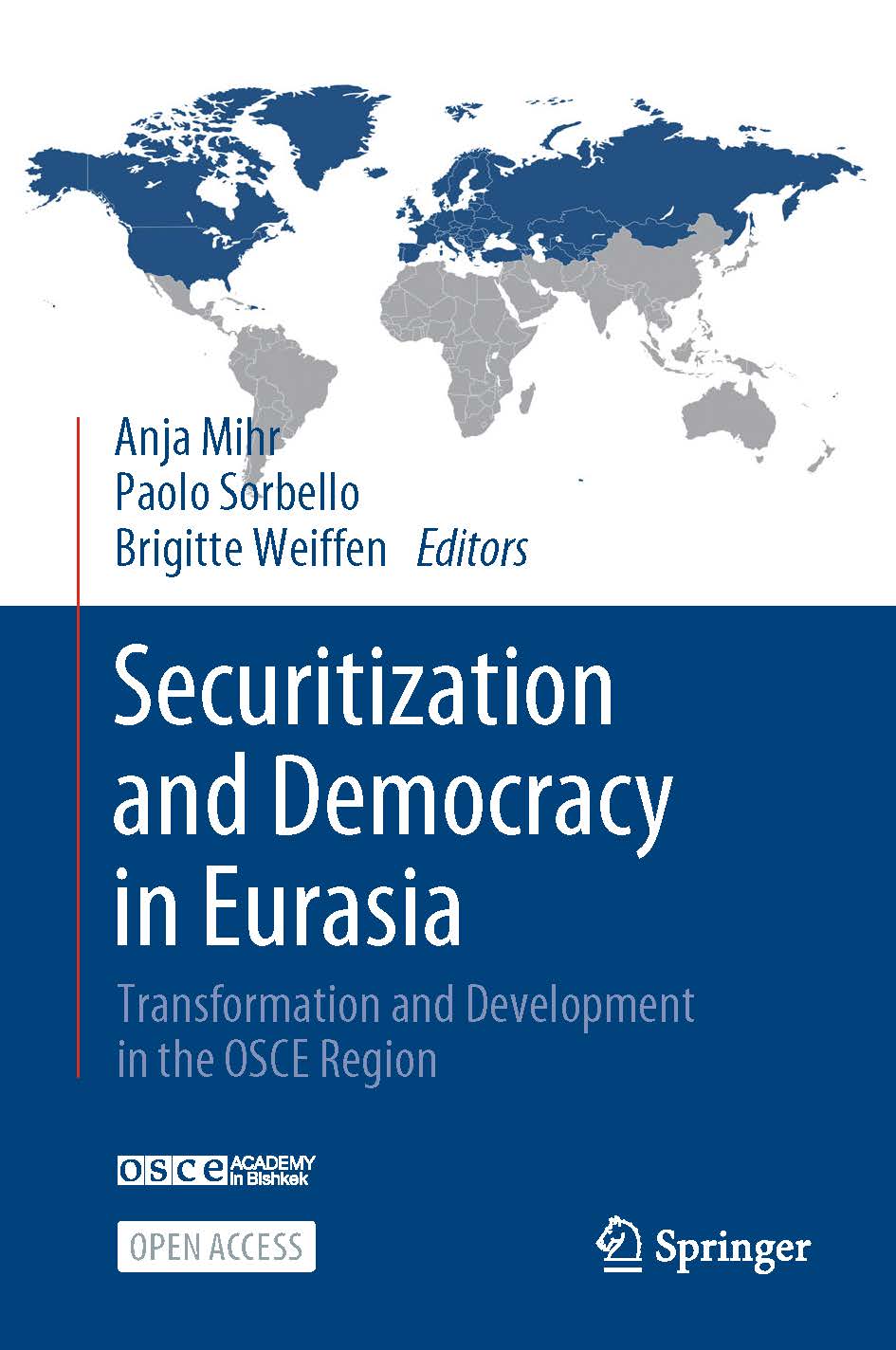
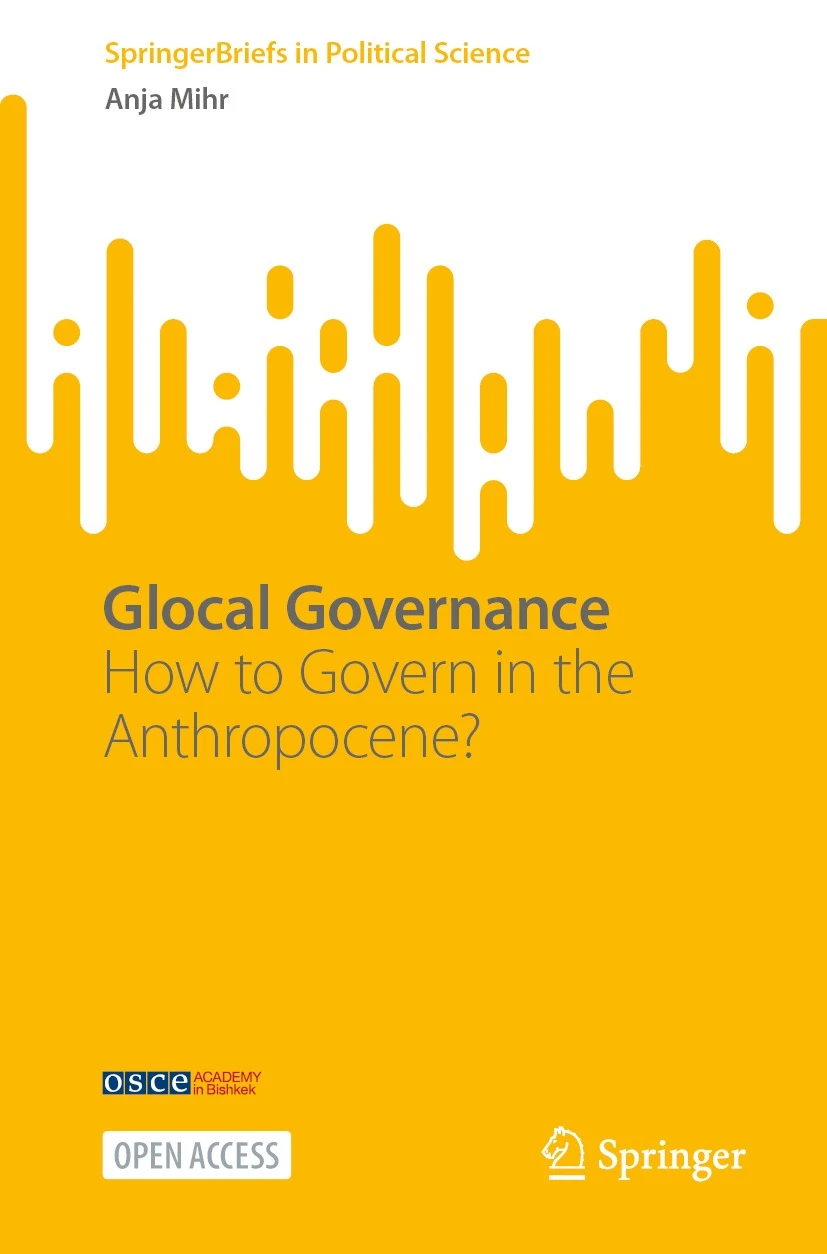

 Русская версия
Русская версия